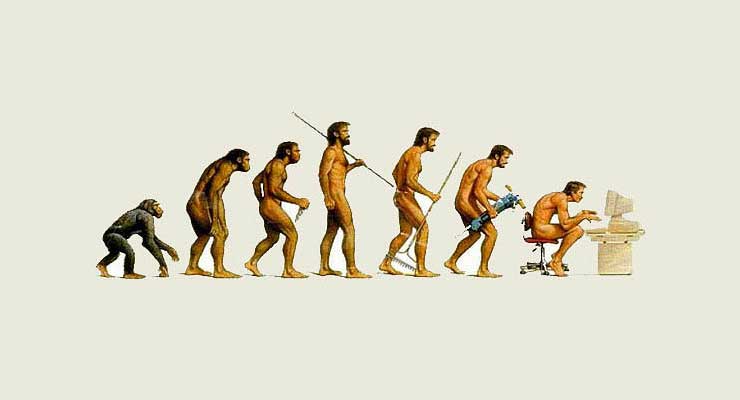
As the United States moves into the final month of the 2016 Presidential election, both candidates have been trying to gain advantage over the other by using various outreach methods such as using the internet to get the upper hand. However, in a recently released study on internet usage and voter turnout, the candidates may be doing a disservice to their campaign as the study has shown that an increase in internet usage has decreased the voter participation rate in the last couple of Presidential election cycles.
The study done by Dr. Heblich of the University of Bristol’s Economics department, has shown that an increase in information on the internet and the increase in consumption has created a “crowding out effect” for voters.
“To the extent that online consumption replaces the consumption of other media (newspaper, radio, or television), with a high information content, there may be no information gains for the average voter, and in the worst case, even a crowding out of information”, Dr. Heblich said in regarding his study.
The crowding out affect may have already begun to take place as in the 2012 Presidential election there was a 3.6% decrease from the 2008 election, 62.2% (2008) compared to 58.6% in the 2012 general election. The crowding out may not be the only contributing factor to the decrease in the turnout as many disillusioned voters on both sides have given up on the two major parties.
Dr. Heblich continued in his analysis by saying “One potential risk relates to the increasing possibilities to collect personal information known as “big data.” This development could result in situations in which individual rights are violated, since the personal information could be used, for example, to selectively disseminate in election campaigns and in election campaigns and in influence voters strategically.”
Interestingly, in another study involving internet usage and voter turnout published in 2012 by the University of California, San Diego, people who said that they voted on Facebook, generated only 340,000 voters nationwide in the 2010 Congressional elections. “What we have shown here is that the online world and the real world affect one another”, Political Scientist James H. Fowler said.
November 2nd, 2010 was election day for the 2010 election.
The study also showed that friends on Facebook who publicly stated that they voted were responsible for 60,000 voters nationwide and indirectly responsible for 280,000 voters. However, 4% of the voters who said that they voted admitted that they did not. Another interesting find to come out of the study revealed that only 1% of voters publicly displayed their political allegiance.
Political Scientist called this affect the “Social Contagion effect”, where by voters’ may feel pressured into voting just because of the fact that they see their friends and family voting they feel pressured to vote.
However, despite the possible decreasing voter turnout in Presidential elections, Mr. Obama was able to turn out the vote in the 2008 election also known as the “Facebook election”, where he earned an estimated 70% of the vote for people under 25. The coveted millennial vote helped sway the election in Mr. Obama’s favor.
Knocking on doors is seen as the most effective get out the vote method while e-mail is seen as the least.
Ultimately, the internet can be a tool that if used responsibly, can be a tremendous advantage for political candidates who know how to use it right but, it can also be a disadvantage as people who have been affected by the “crowding out effect” have shown that they are driven away from the political process by too much contact and too much information.
Links to sources:
- Phys.org Link: https://phys.org/news/2016-09-internet-voter-turnout.html
- New York Times Social Media and Voter Turnout Link: https://www.nytimes.com/2012/09/13/us/politics/social-networks-affect-voter-turnout-study-finds.html
- Election Project.org Voter Turnout Percentage: https://www.electproject.org/
- Nature.com Internet and Voter Turnout: https://www.nature.com/articles/nature11421.epdf
Leave a Reply